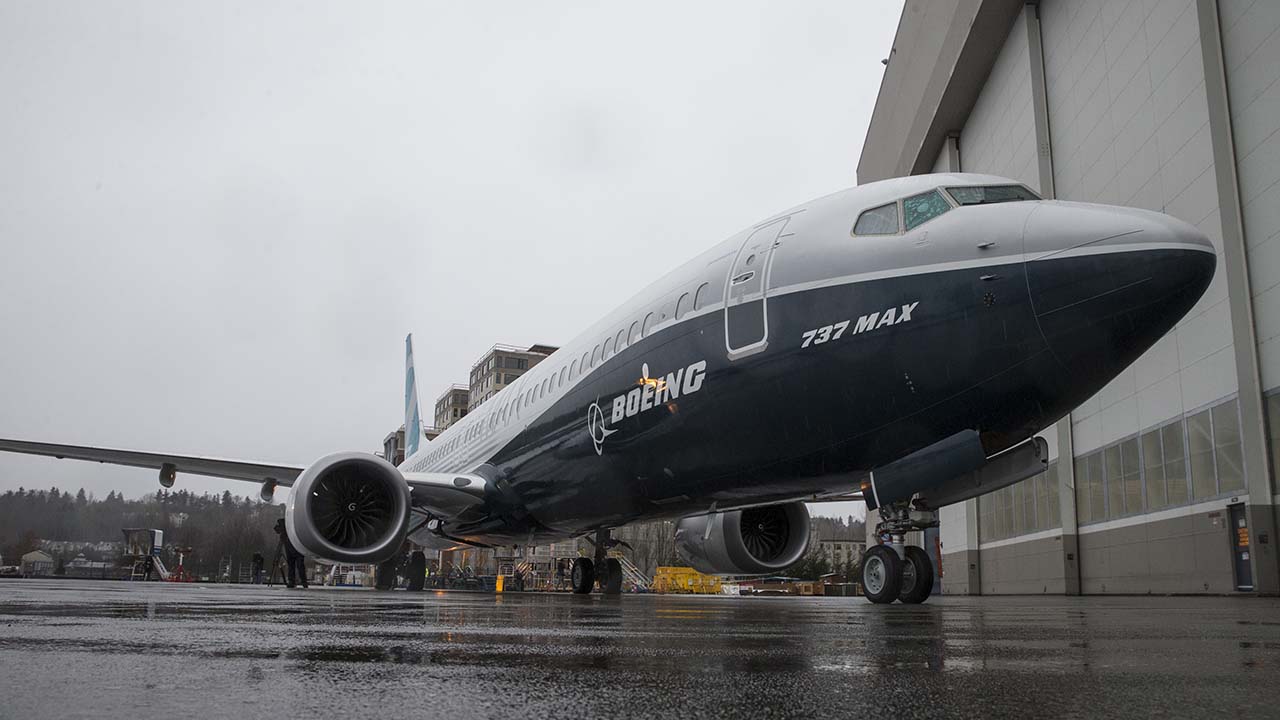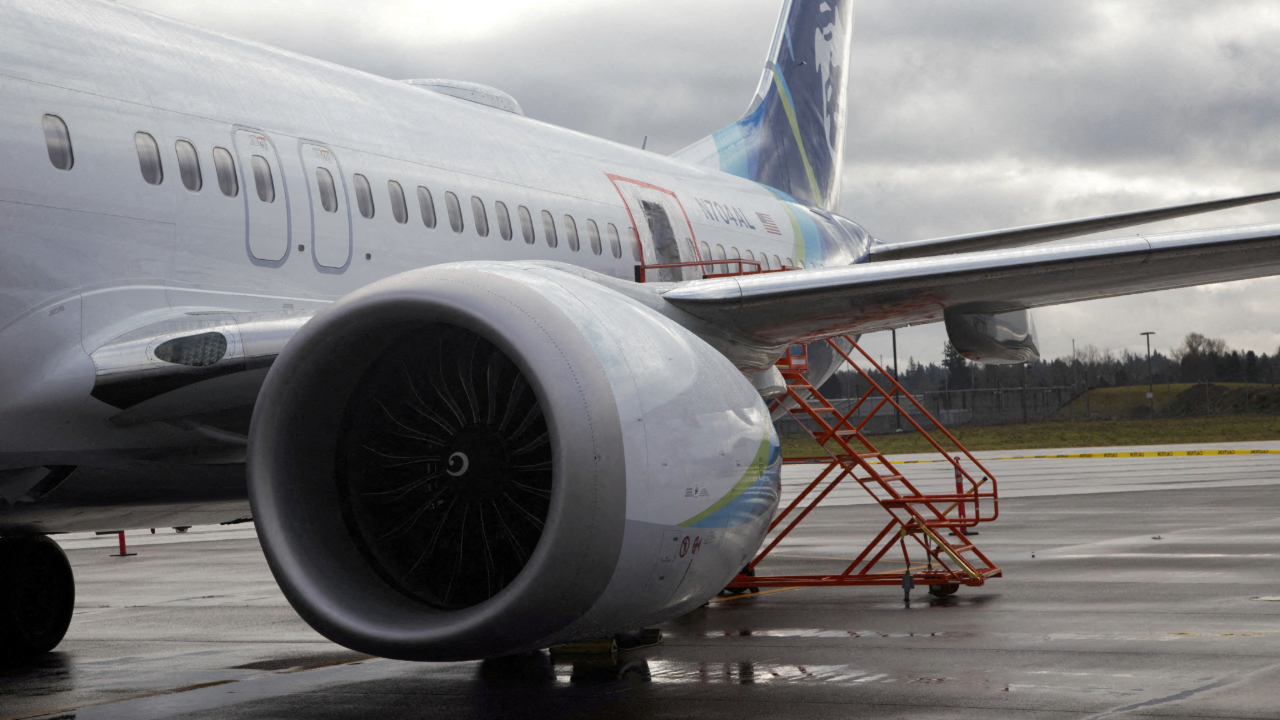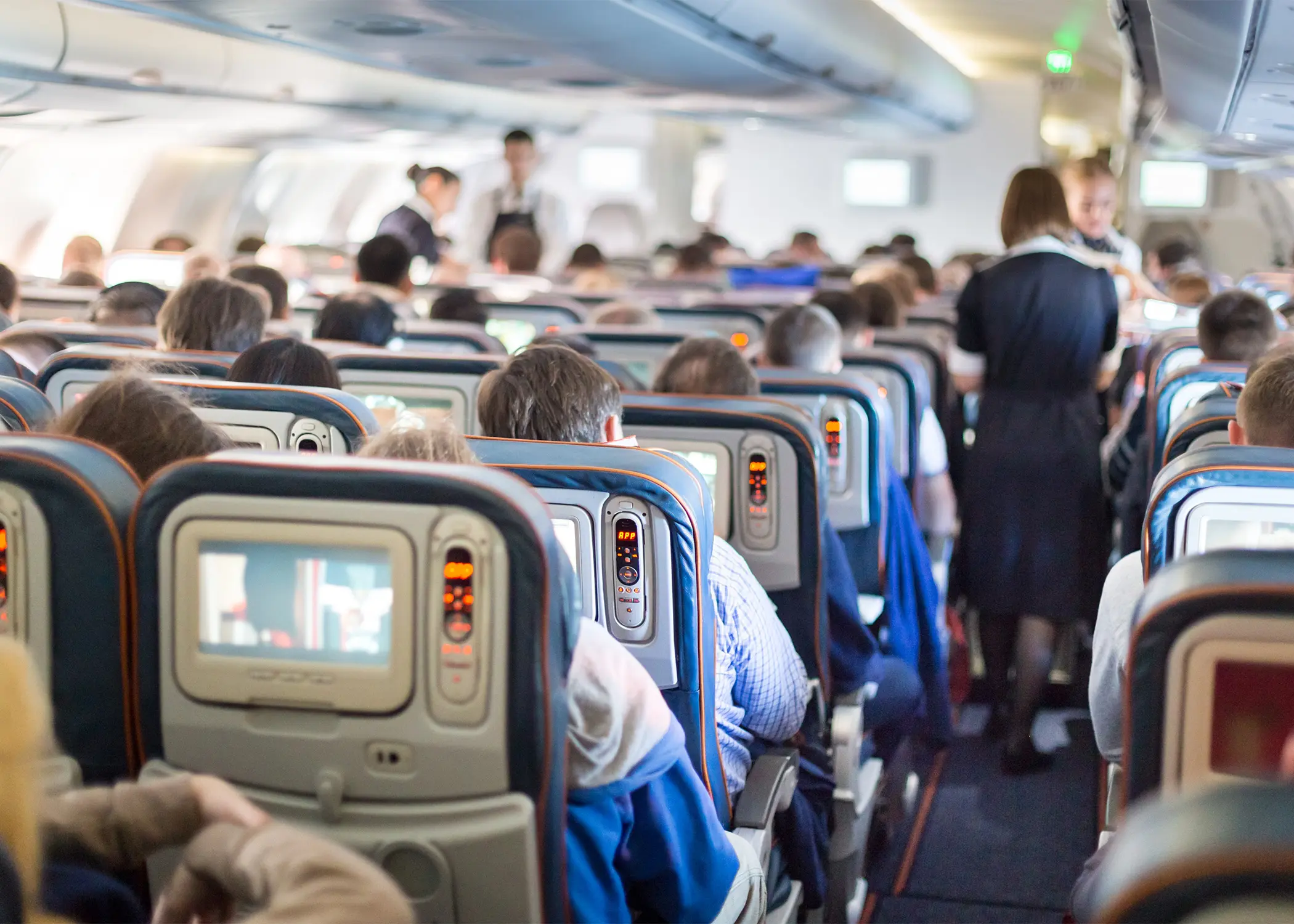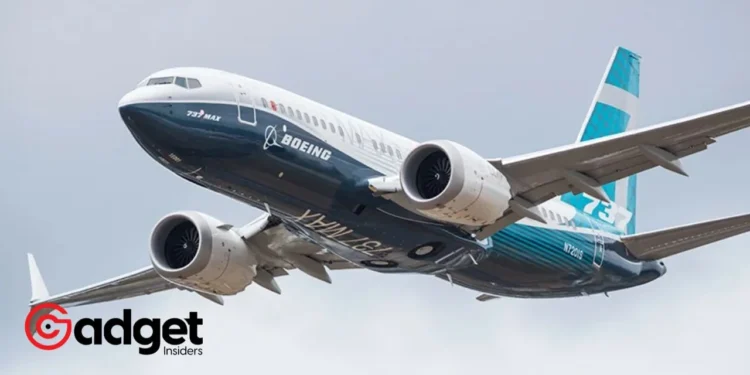In recent months, the aviation giant Boeing has found itself at the center of increasing concerns among passengers. A series of unfortunate incidents, including an alarming event where an emergency door panel detached from a Boeing 737 Max 9 mid-flight, has sparked a significant shift in passenger behavior and perception.
This article delves into the evolving landscape of air travel safety concerns, highlighting personal stories, industry responses, and the broader implications of a shaken trust in one of the world’s leading aircraft manufacturers.
The Incident That Shook Confidence
It was a regular flight aboard an Alaska Airlines jetliner that suddenly became the focal point of aviation safety concerns. Flying 16,000 feet above Oregon, passengers and crew were startled as a panel plugging the space for an unused emergency door blew off, leaving many to question the reliability of Boeing aircraft.
Although the plane landed safely, the incident has had a lasting impact on the traveling public’s psyche.
“I just can’t step on that plane,” Leila Amineddoleh told NBC News, referring to Boeing aircraft.
Her fear is not unfounded, as recent events have led to a noticeable shift in passenger preferences, with some going to great lengths to avoid flying on Boeing aircraft.

Coping Mechanisms: From Prayer to Pills
The psychological impact of these incidents has been profound. Stephanie Walls, another concerned traveler, shared how her usual practice of praying for a safe journey was no longer sufficient to quell her fears. She, like others, has opted to re-book her flights on Airbus aircraft, seeking solace in the perceived safety of another brand.
Adrian Rojas’ story highlights another facet of the issue – the toll on mental health. The fear of flying, exacerbated by recent incidents, has led him to seek therapy and rely on anti-anxiety medication to endure flights.
“I just know that it’s something I would be thinking about a lot right as I get on the plane, so I’m just trying to limit that for my mental health,” Rojas said.

A Shift in Booking Behavior
The Alaska Airlines incident has not only affected individual travelers but also influenced booking behaviors on a larger scale. Kayak, a popular travel search engine, reported a staggering fifteen-fold increase in the use of its aircraft filter feature.
This uptick highlights a growing demand among consumers to know precisely what model of aircraft they will be flying on, underscoring a heightened awareness and concern over air travel safety.
The Industry Responds
In the wake of these incidents, Boeing finds itself under intense scrutiny. A federal audit revealed the company failed 33 aspects out of 97 points of compliance, highlighting significant areas for improvement.
Boeing’s CEO, David Calhoun, acknowledged the situation, stating, “This increased scrutiny – whether from ourselves, from our regulator, or others – will make us better.”
Boeing passengers turn to medication, prayer, therapy to deal with fears after litany of flight problems https://t.co/RkEqpSaLqE pic.twitter.com/mJ96Ilikh2
— New York Post (@nypost) March 24, 2024
The Department of Justice and the FBI have also stepped in, opening a criminal investigation into the January incident and reaching out to passengers as possible victims of a crime. This legal and regulatory attention signifies the seriousness with which these concerns are being addressed.

The Road Ahead for Boeing and Air Travelers
As Boeing navigates through these turbulent times, the journey ahead involves rebuilding trust with travelers and adhering to the highest safety standards. The stories of Leila Amineddoleh, Stephanie Walls, and Adrian Rojas reflect a broader sentiment that safety remains paramount in the skies.
For passengers, the choice of aircraft has become an integral part of their travel planning, a trend that is likely to persist as the aviation industry continues to evolve.
The aviation sector’s resilience is being tested, but through increased transparency, rigorous safety measures, and a commitment to passenger welfare, confidence can be restored. As travelers continue to navigate their fears, the industry’s response will be critical in ensuring that the skies remain a place of adventure, not anxiety.










